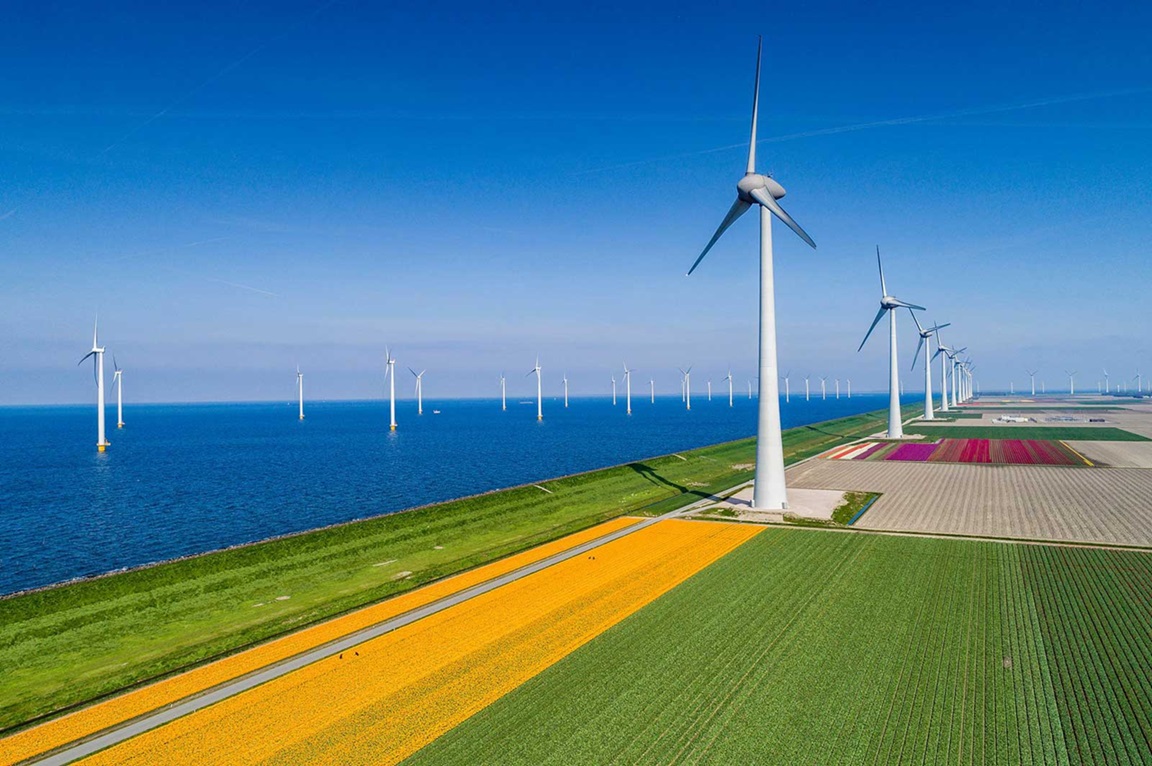Investors Confront Barclays at AGM Over Oil & Gas Financing
A coalition of investors, coordinated by responsible investing NGO ShareAction, urged UK bank Barclays at its annual general meeting today to end its financing of new oil and gas projects, and to provide more details on the bank’s plan to assess its clients’ climate transition plans.
Institutional investors represented by ShareAction in its statement included AkademikerPension, Barrow Cadbury Trust, Brunel Pension Partnership, Candriam, Ethos Foundation, Ethos Engagement Pool International, Falkirk Council Pension Fund, Folksam, Grünfin, Merseyside Pension Fund, Nest, and Northern LGPS.
The action at the AGM, which was repeatedly interrupted by climate activists, follows the launch in February of a ShareAction-coordinated campaign calling Barclays and several other banks – Crédit Agricole, Deutsche Bank and Societe Generale – to commit this year to end financing for new oil and gas fields, and noting that similar commitments by other major European banks including HSBC BBVA, ING, Lloyds Banking Group, and UniCredit, have set “a new minimum level of ambition for all banks committed to net-zero by 2050.”
Shortly after the launch of the campaign, Barclays announced a series of policies aimed at significantly limiting its financing activities for some emissions intensive energy sectors, including ending financing for oil sands companies and projects, and accelerating its phase out of financing for coal-powered generation, although ShareAction noted at the time that the new policies were not enough to bring the bank in line with “current minimum standards of ambition.”
In his opening statement, Barclays Chair Nigel Higgins focused significant attention on the bank’s updated climate policies, as well as its new goal, revealed in December 2022, to facilitate $1 trillion of sustainable and transition financing between 2023 by the end of 2030.
Higgins also said, however, that while financing the climate transition, the bank also needed to continue working with energy companies in order to help meet energy demand.
Higgins said:
“I know that not everyone agrees but the state of energy provision today and energy security means we cannot simply abandon this sector.”
In the investor statement at the AGM, presented by Jeanne Martin, Head of the organization’s Banking Programme, the investors asked if Barclays would “commit to cease financing for new oil and gas fields and associated infrastructure, as HSBC has done,” and called on the company to commit to publishing detailed information on its assessments of its clients’ climate transition plans, including “how Barclays was planning to execute these assessments, what sector-specific criteria would be included other than a handful of examples in its annual report, and what the consequences will be for clients that have sub-standard transition plans in place.”
Higgins responded that Barclays’ work on the transition plans “is very much ongoing,” noting that the bank has already taken approximately 150 clients through the process, with plans to get to 750 within the next 12 months, and that it plans to provide more details on the process.
Higgins added:
“We will continue to engage with ShareAction, and we are planning to say a lot more about our climate transition pathway work.”





